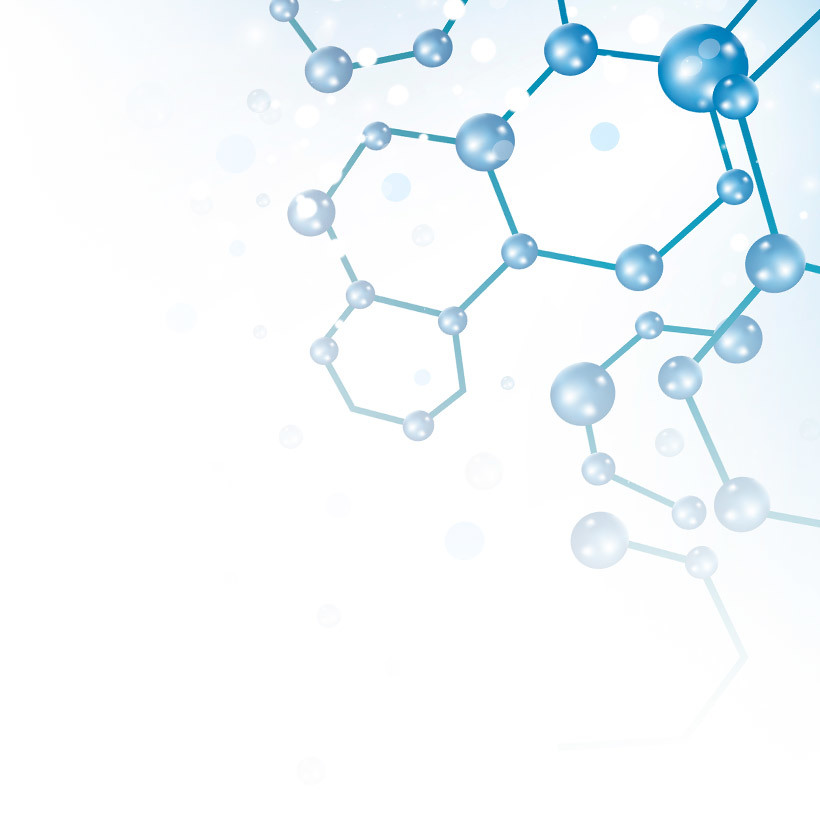
If you have concerns about how your compound may affect UDP-glucuronosyltransferase (UGT) induction and/or inhibition when combined with other therapeutic regiments, we can help address those concerns with validated UGT activity assays. We perform both UGT induction and inhibition studies that meet or exceed the FDA and/or EMA’s latest regulatory guidance.
The metabolic clearance of a drug (victim) can be increased and its efficacy reduced, if it is co-administered with a second drug (perpetrator) that up-regulates (or induces) the enzyme responsible for the victim drug’s metabolism. The increased clearance may compromise the therapeutic effectiveness or safety of the victim drug. As such, the FDA and other regulatory agencies recognize enzyme induction as a potential cause of drug-drug interactions (DDIs).
Furthermore, Glucuronidation is a major pathway of xenobiotic biotransformation in mammalian species, and the reaction is catalyzed by UGTs, which are located predominantly in the endoplasmic reticulum of liver. Since drug-drug interactions that are at least partly due to inhibition of UGTs have been reported, identification of the UGT(s) involved in the metabolism of a compound can allow for a better DDI prediction.
XenoTech offers in vitro and ex vivo UGT induction studies to compliment UGT drug metabolism results. Definitive in vitro UGT induction studies utilize fresh or cryopreserved primary human hepatocytes, and ex vivo UGT induction studies are specialized for monkey, dog, rat and mouse liver microsomes, although other tissue is also available. Our in vitro UGT inhibition study design evaluates drug candidates as direct-acting inhibitors of UGT enzymes in human liver microsomes.
Learn more about UGT inhibition and induction studies or contact us for assistance with your research.
Learn more about:
About the Authors
Related Posts
ADME and Drug-Drug Interactions for the Toxicologist
Cypex Expands Portfolio of Recombinant Enzymes
Subscribe to our Newsletter
Stay up to date with our news, events and research

Do you have a question or a request for upcoming blog content?
We love to get your feedback

